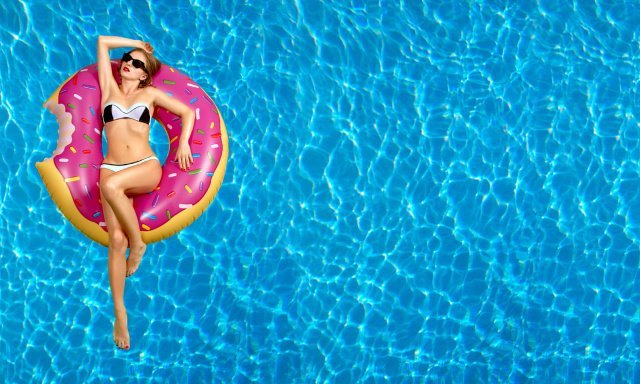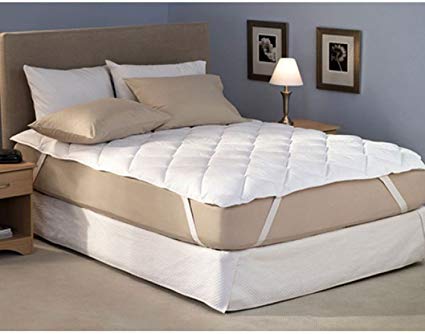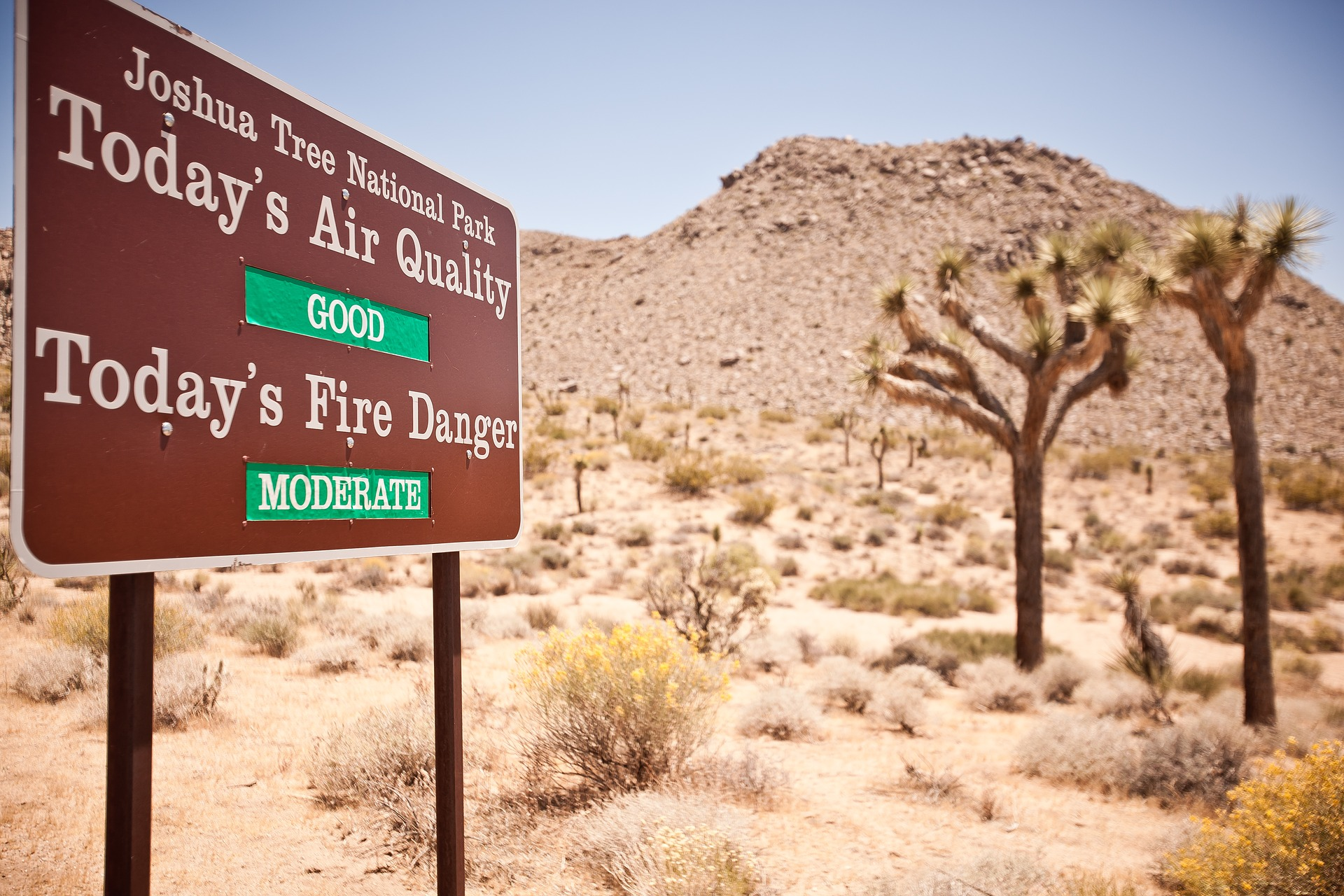4 Types of Pool Heaters: What You Should Know

As much as you would like to enjoy your pool for the rest of the year, it may not be possible due to short summer season and cold pool water on wintry months.So, unless your pool is located in an area with year-round tropical climate, unheated pools may be useless for more than 3-4 months in a year.
The good news is that there are heating systems that can provide warm water and enable you to enjoy your pool year-round.
Basically, there are four types of heating systems used to warm pool water. When choosing what type of heater works best for you, there are several factors to consider such as budget, location, heating needs, available energy source, and pool size.
For instance, solar heaters require consistent, unobstructed sunlight and lots of space to ensure optimal efficiency. If your pool is located in a suitable area, then you can go with a solar heater. Meanwhile, if you choose above ground pool heater, expect your power bills to significantly jack up.
Pool heaters are an expensive investment. Aside from the actual equipment cost, there are other associated expenses such as initial installation, space renovation, operational, and maintenance costs. So, if you’re planning to buy one, make sure you do your homework: read reviews about the best poolheaters on the market, know about all possible expenses, and consult experts.
Start your search by learning about the basic types of pool heating systems.
Table of Contents
4 Types of Pool Heating Systems
Electric pool heaters
One of the more popular pool heating systems, electric pool heaters are clean, reliable, and effective type of heater. They are compact and require very limited space.
This electric-powered heating system uses a resistor that generates heat and warms up the pool water. It sucks up the pool water into the heating element. Once warm, water is pumped out and circulated back into the pool.
Electric pool heaters are easy to install and operate. They can be used in any weather and any time. Although pool heaters are reliable, they consume large amount of electricity; hence, operational costs can be quite costly. You have to consider the cost of electricity in your area, as well as, how frequent you intend to warm up pool water. Compared to solar or gas heaters, electricity-dependent heaters tend to be more expensive to operate. Add to that, you may also need to modify existing home electrical circuitry to accommodate extra load.
Because of its relatively pricey operational cost, an electric pool heater is ideal for small pools, spas, hot tubs, or in regions where there is a shorter period needed for heating.
Electric heat pumps
Electric heat pumps work by distributing warm water throughout the pool to maintain desired temperature. Basically, they do not generate heat. Unlike electric pool heaters, electric heat pumps use compressor to take in warm outside air and compresses the heated refrigerant inside. Heat is moved to cold areas of the pool at the same time expels cold air. Ideally, air temperature should be at around 40-degree Celsius for better heating.
Electric heat pumps are easy to install and budget friendly. The unit cost is cheaper. You can save up to 75% operational and maintenance costs, as compared to gas heaters or electric pool heaters. They are also equally reliable, environment-friendly, and durable (lasting up to 20 years). This type of pool heaters is best for larger pools.
There are numerous brands and models available, so make sure your read best pool heat pump reviews.
Gas pool heaters
If you need to heat up your pool quickly, then you should consider gas pool heaters. This heating system can achieve your desired pool temperature in no time. It uses liquefied petroleum or natural gas to heat up the coils. Pool water is then sucked into the heating chamber and then distributed throughout the pool.
Gas pool heaters are very efficient. They can provide heating in any climate. Since it burns fuel in a combustion chamber, it does not require any minimum outdoor temperature to operate. It is ideal for pools, spas, and hot tubs that are not used regularly.
Recent models of gas pool heaters are less expensive and more efficient compared to heat pumps. Compared to older models, newer gas pool heaters are now more eco-friendly. Many use safe natural gas or propane sources. The initial installation expenses require professional services, hence, may seem costly. However, the operating costs prove worthwhile.
Solar pool heaters
Among the pool heating systems, solar pool heaters are probably the most eco-friendly and energy efficiency. These pool heaters harness solar power through its solar panel. Water is then heated through the heating chamber. The existing pool pump distributes the heated water throughout the pool.
Compared to other heating systems, equipment and installation costs may be higher. You also need enough space for its bulky accessories, especially the collectors. However, the biggest benefit is that the operational and maintenance expenses are considerably less.
Solar pool heaters are ideal in regions where there is abundant sunlight. They are utilized during hot summer months to heat up pool at night. Since they are less efficient on winter months, it is recommended to have a back up heater. With proper use, solar heaters can last up to 20 years.





